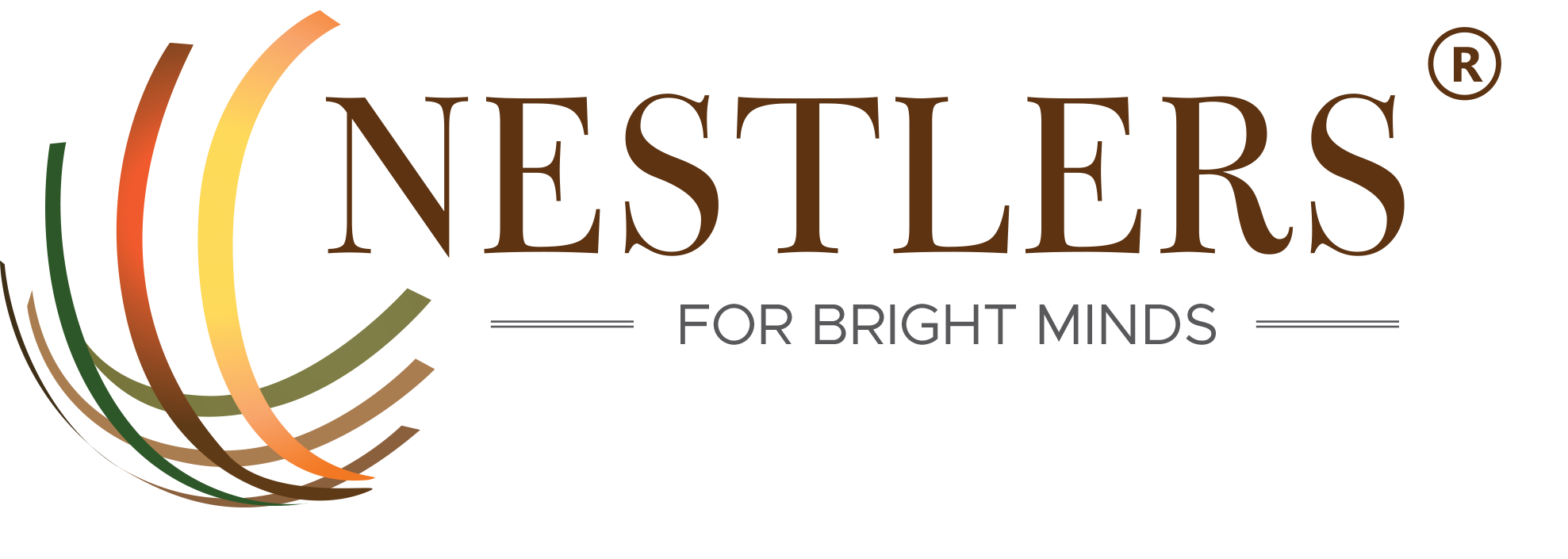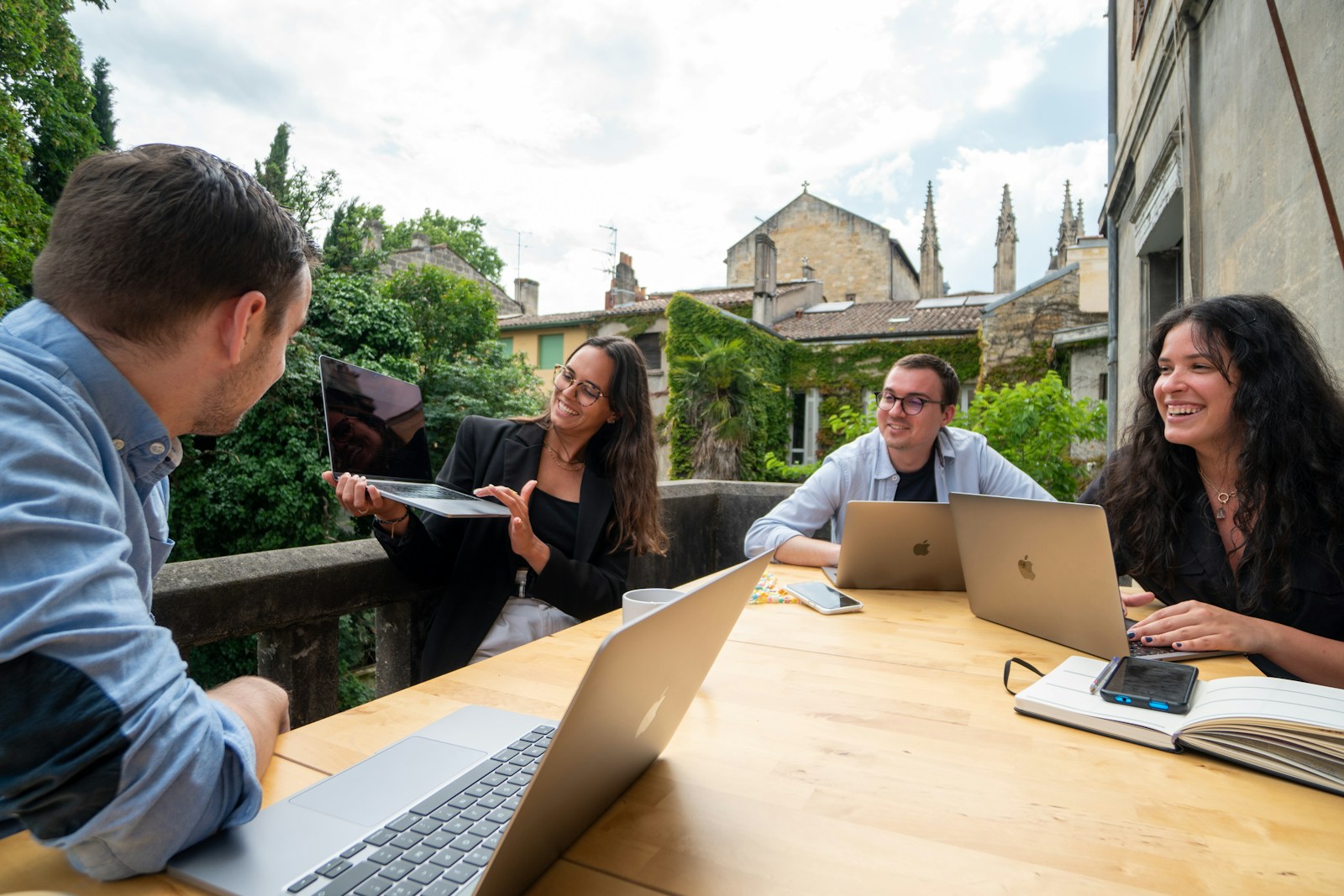Family, proximity and aversion to risk are major concepts guiding Spanish business culture. Therefore, it is considered quite normal that counterparts treat their business counterparts as friends. They are known to for being far more relaxed than most of the other European counterparts. Keep reading further for more details about Spanish business culture:
- Primary Contact: In Spain, face to face meetings are often preferred over written or phone conversations. Appointments are made ahead of time either by phone or via email and they must be confirmed usually by phone the day before. Knowing Spanish or being accompanied by an interpreter is quite important as a study shows that less than 30% of managers in big companies are fluent in English.
- Punctuality: Spanish people can be lenient with punctuality and meeting duration, but you should arrive on time. Northern regions are especially punctual, so stick to deadlines.
- Greetings: You should greet everyone with a handshake and address people using “Señor” or “Señora” followed by their name and surname. When two men know each other well, they hug while patting each other’s back energetically. They can also shake hands by placing the other hand on the forearm of the person opposite to them.
- Gifting: Avoid gifting at the beginning of the meeting as it might be considered a way of bribery. However, regional souvenirs and promotional products are appreciated at the end of subsequent meetings.
- Dress-Code: The Spanish business dress code is quite formal and conservative. Men usually wear jackets and ties regardless of weather while women wear dresses, blouses and skirts.
- Business Cards: Business cards are a must to be seen as professional. They are to be presented at the beginning of the meeting. It is preferred that you business card has one side that is translated into Spanish, in order for your counterparts to understand all details provided.
- Business Meetings: It is important to create a personal relationship with your counterpart. Small talk is then common before talking business. You should talk about your background, family life or even Spanish football if the topic arises, but avoid politics. Personal qualities are valued above technical skills or competence. When the actual meeting starts, you should expect a formal conversation. Eye contact is important, but can be replaced by gestures, noises or exclamations showing assertiveness and signalling that one is paying attention. Expect your counterpart to invite you to a business lunch if the deal has closed successfully as these are generally used to celebrate, discuss ideas or to become personal. Do not talk business during these lunches.
In conclusion, the development of a personal and informal relationship is often necessary for the smooth running of business with a Spanish counterpart. Oral communication is then preferred to written communication. Lunch or dinner invitations are ideal to establish a relationship.
Connect with Nestlers consultants
Do you need immigration and relocation services or consultancy?
It’s easy! Use the below contact form and one of our experts will provide you an answer as soon as possible.
Our consultants can help you in obtaining legal documents and can provide you with assistance regarding the immigration processes, relocation, taxes and payroll, Social Security (European forms A1, S1, U1, etc.) for your employees.





